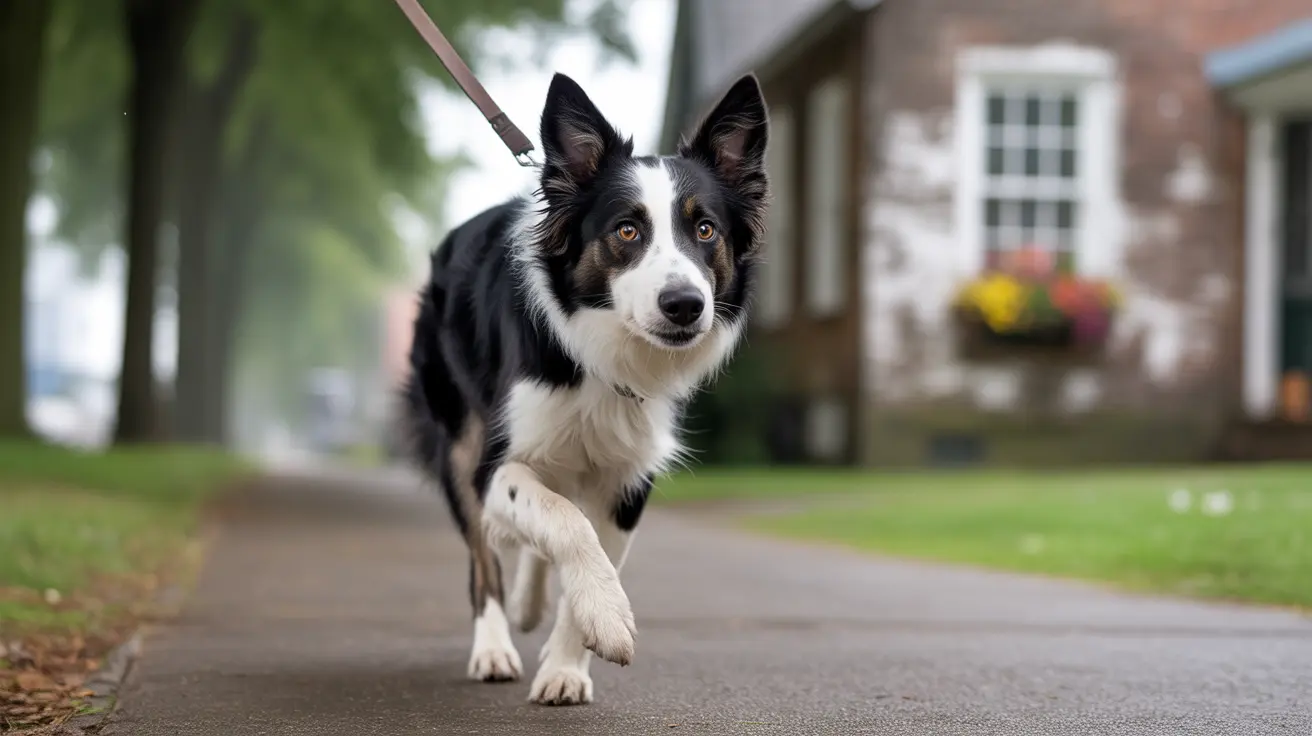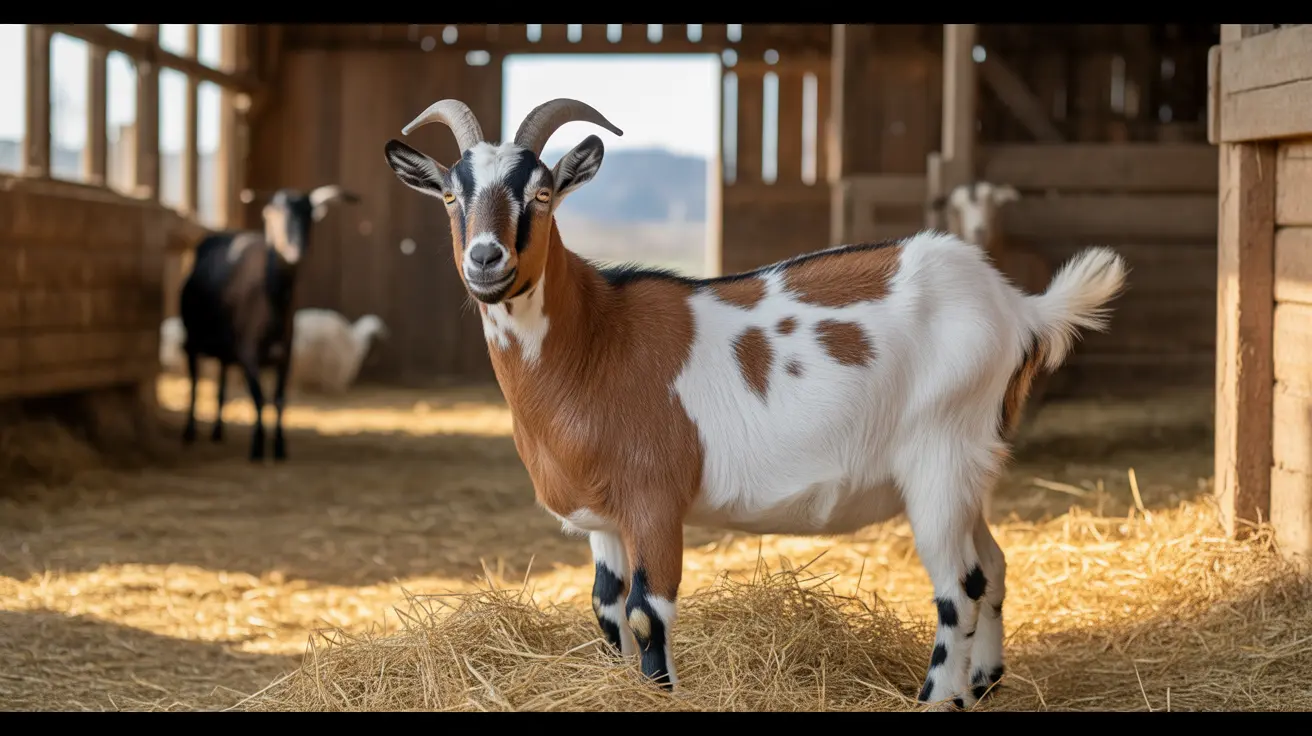Congratulations! Your puppy has reached their first birthday, marking an important transition from puppyhood to young adulthood. This milestone brings new challenges and opportunities in your dog's physical, mental, and behavioral development. Understanding how to properly care for your 1-year-old dog is crucial for their continued growth and well-being.
In this comprehensive guide, we'll explore everything you need to know about caring for your 1-year-old dog, from nutrition and exercise requirements to training strategies and health considerations. Whether you have a small breed that's fully mature or a large breed still growing, this information will help you provide the best care possible.
Physical Development and Growth Milestones
At one year old, small and medium-sized breeds have typically reached their full physical maturity. However, larger breeds may continue growing for several more months. During this time, your dog's body is completing important developmental stages:
- Growth plates are closing in most breeds
- Muscle mass is developing and strengthening
- Adult coat is fully emerging
- Permanent teeth are all present
It's essential to monitor your dog's growth and development, ensuring they maintain a healthy weight and proper body condition. Regular weigh-ins and body condition assessments can help track their progress.
Nutrition and Dietary Requirements
One of the most significant changes for your 1-year-old dog involves their diet. This is typically when you'll transition from puppy food to adult dog food, as their nutritional needs have evolved:
- Protein requirements decrease from 25% to approximately 20%
- Caloric needs may change based on activity level
- Portion sizes should be adjusted to maintain healthy weight
Make any dietary changes gradually over 7-10 days to prevent digestive issues. Consult your veterinarian for specific recommendations based on your dog's breed, size, and activity level.
Exercise and Activity Guidelines
Your 1-year-old dog needs regular exercise to maintain physical health and mental well-being. A proper exercise routine should include:
- Daily walks (30-60 minutes total)
- Interactive play sessions
- Mental stimulation activities
- Age-appropriate training exercises
For small and medium breeds, you can now safely increase exercise intensity. Large breed owners should continue monitoring activity levels until growth plates fully close.
Training and Behavioral Management
At one year old, many dogs enter their "teenage" phase, which can present unique training challenges:
- Testing boundaries becomes more common
- Previous training may need reinforcement
- New behavioral issues might emerge
- Social skills require continued development
Maintain consistent training routines and use positive reinforcement to address any behavioral challenges. Professional training support can be valuable during this transitional period.
Health Care and Preventive Measures
Establishing a proper healthcare routine is crucial for your 1-year-old dog. Key considerations include:
- Annual veterinary check-ups
- Updated vaccination schedule
- Regular parasite prevention
- Dental care routine
- Spaying/neutering decisions
Work with your veterinarian to create a comprehensive health plan tailored to your dog's specific needs and risk factors.
Frequently Asked Questions
How often should I exercise my 1-year-old dog each day?
Most 1-year-old dogs need 30-60 minutes of exercise daily, split into multiple sessions. This can include walks, play sessions, and training activities. The exact amount depends on your dog's breed, size, and energy level.
When should I switch my 1-year-old dog from puppy food to adult food?
Most dogs should transition to adult food around their first birthday. Large breeds might switch slightly earlier, while small breeds might continue puppy food a bit longer. Always consult your veterinarian for specific timing recommendations.
Why is my 1-year-old dog suddenly ignoring commands and testing boundaries?
This behavior is normal during adolescence, similar to teenage rebellion in humans. Maintain consistent training, reinforce basic commands, and use positive reinforcement to help your dog through this phase.
What vaccinations and health checks do 1-year-old dogs need?
One-year-old dogs typically need annual vaccinations, heartworm testing, and a comprehensive physical examination. Your vet will recommend specific vaccines and screenings based on your dog's lifestyle and risk factors.
How can I keep my 1-year-old dog mentally stimulated and prevent boredom?
Provide puzzle toys, training sessions, interactive games, and varied walking routes. Introduce new experiences and challenges regularly, and consider dog sports or advanced training classes for additional mental stimulation.
Conclusion
Your 1-year-old dog is entering an exciting new phase of life. With proper care, nutrition, exercise, and training, you can help them develop into a well-adjusted adult dog. Remember to be patient during this transitional period and celebrate the milestones along the way. Stay consistent with your approach to care and training, and don't hesitate to seek professional guidance when needed.






